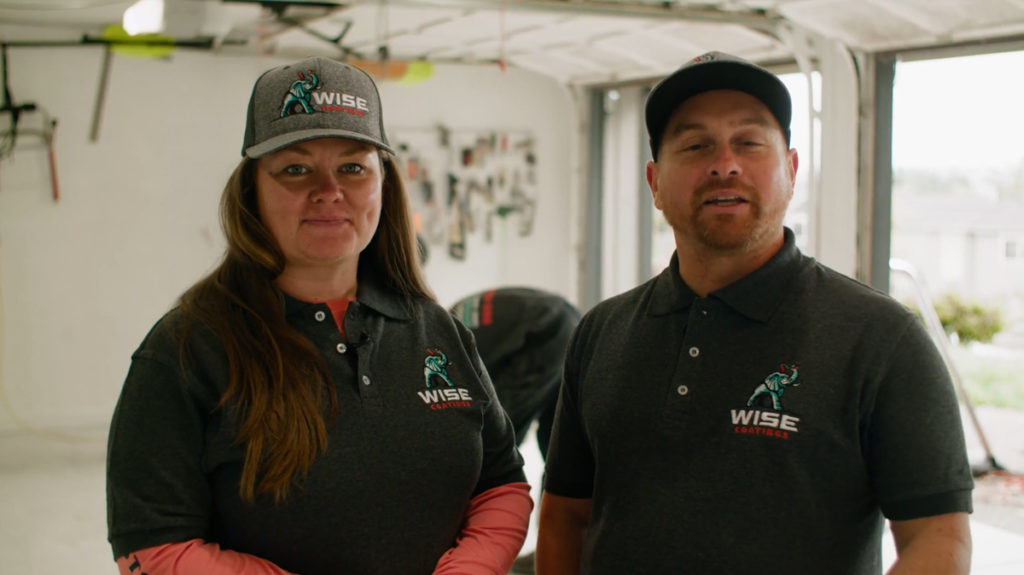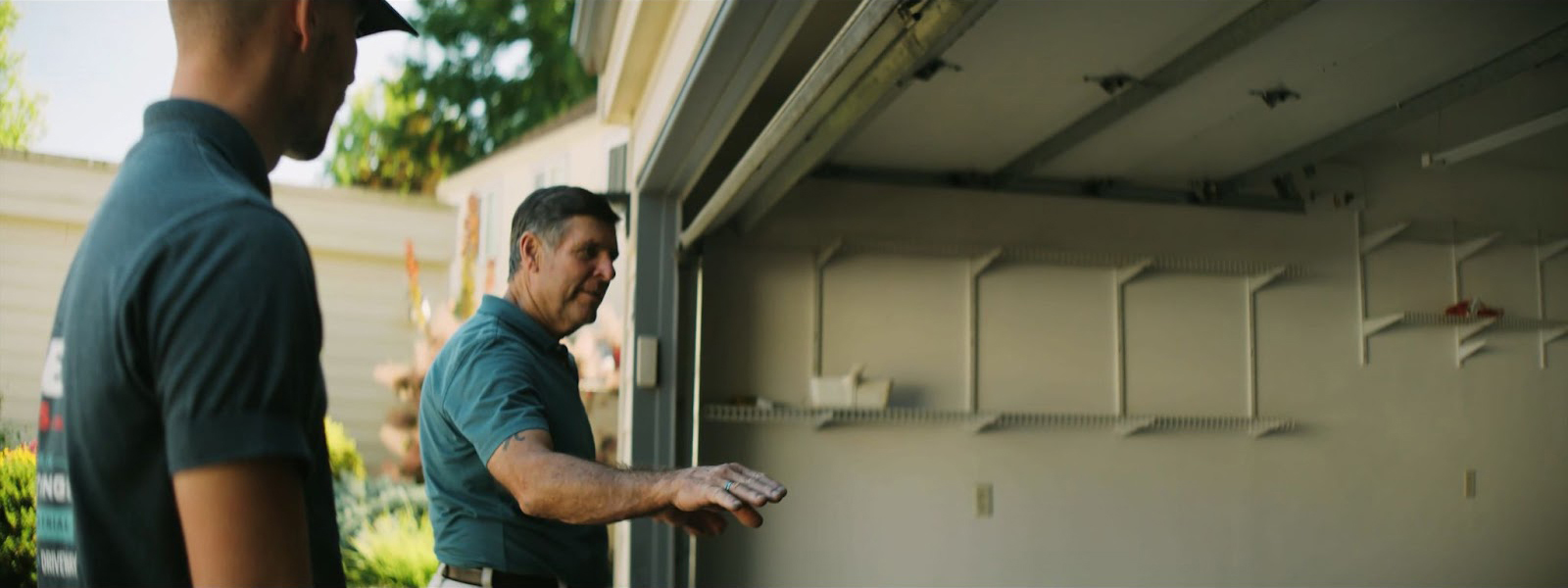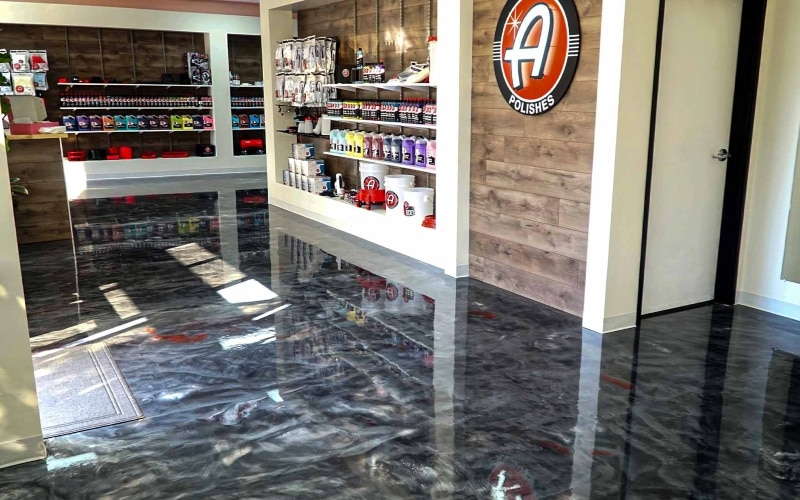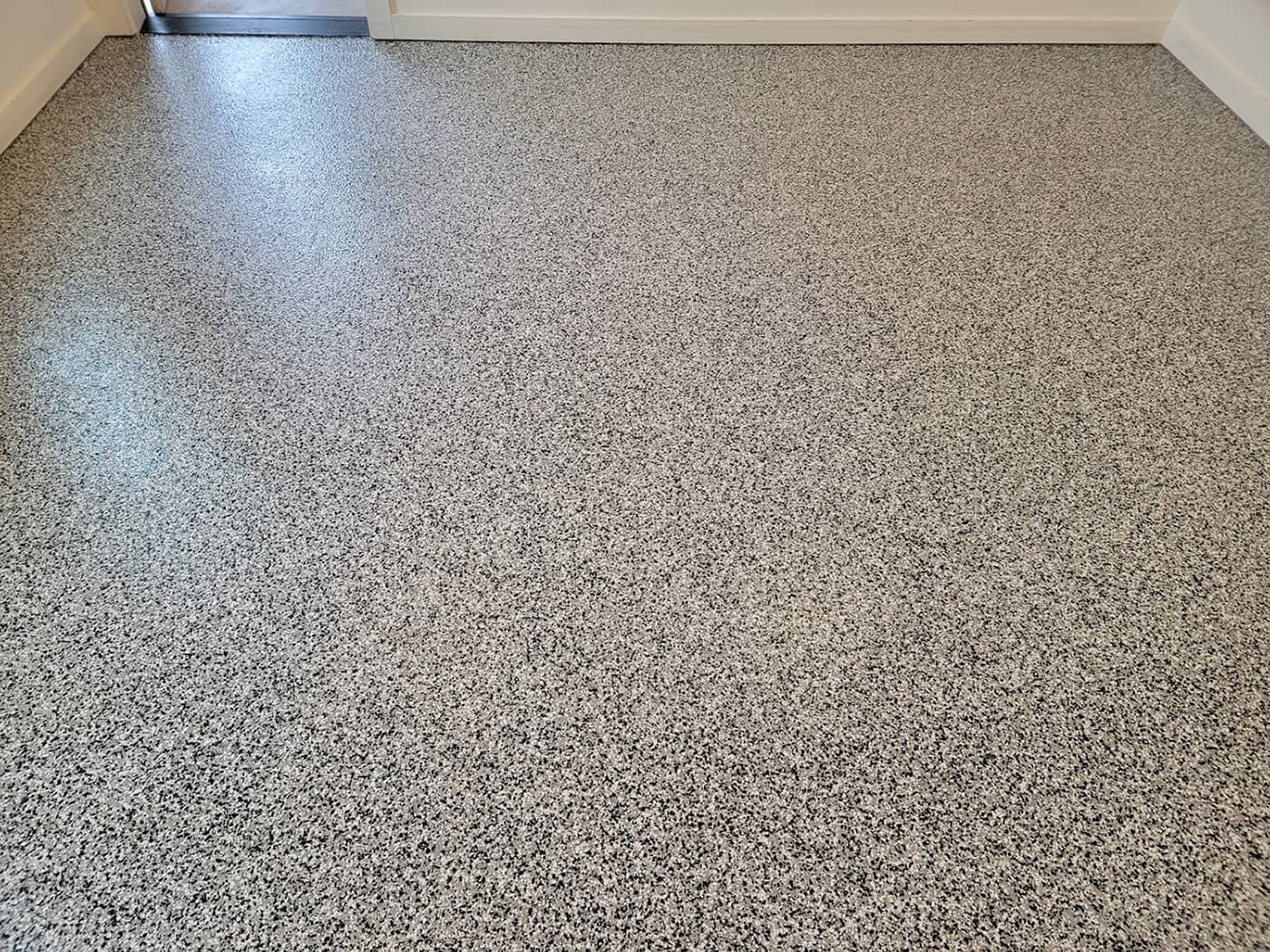Franchising Your Floor Coating Business – Pros and Cons to Consider
Franchising can be an effective way to expand your floor coating business beyond local neighborhoods, enabling rapid growth and brand recognition. However, this path is fraught with considerations that must be weighed carefully. This overview examines the pros and cons of franchising your floor coating business, ensuring you make an informed decision about leveraging your company’s potential through this growth strategy.
Understanding Franchising
Franchising involves granting third parties the right to operate under your brand, using your business model and expertise. In return, these franchisees pay initial franchise fees and ongoing royalties. This model allows your business to expand quickly and efficiently, leveraging the investment and local market knowledge of franchisees.
Pros of Franchising
- Rapid Expansion: Franchising enables quick geographical expansion without the significant capital expenditure associated with opening new locations. Franchisees invest their capital, reducing financial risk to you.
- Brand Recognition: As more franchises open, your brand becomes more recognizable. This widespread presence can enhance customer trust and loyalty.
- Operational Efficiency: Franchisees are typically highly motivated to succeed since they have skin in the game. Their dedication can lead to high-quality service and operational efficiency, which benefits the overall brand.
- Revenue Stream: Franchise fees and ongoing royalties provide a steady revenue stream, supporting your core operations and further expansion efforts.

Cons of Franchising
- Loss of Control: While franchisees are required to follow your business model, their execution might not always align perfectly with your vision. Maintaining brand consistency can be challenging.
- Initial Costs and Time Investment: Setting up a franchise system requires substantial initial costs, including legal fees, creating training programs, and marketing the franchise opportunity. It also demands a significant time investment to support and manage franchisees effectively.
- Regulatory Compliance: Franchising is regulated by stringent laws. You must comply with the Federal Trade Commission’s Franchise Rule and various state laws, which can be complex and require ongoing legal support.
- Potential for Conflict: Disagreements with franchisees over business operations, fees, and adherence to standards can arise, potentially leading to legal disputes and reputational damage.
Franchising your floor coating business offers the potential for rapid growth and increased brand visibility. However, it requires a careful balance between expansion ambitions and maintaining control over your brand. The initial financial outlay, regulatory complexities, and the potential for conflicts are significant considerations. Conduct thorough research and possibly seek professional advice to navigate the franchising landscape effectively. Understanding these factors will ensure you make a well-informed decision, positioning your floor coating business for sustainable growth and success.
Advantages of Franchising Your Floor Coating Business
If you’re in the floor coating business and considering expanding your reach, franchising could be the answer you’ve been looking for. One of the biggest advantages of franchising is the ability to quickly and efficiently expand your business without taking on significant amounts of debt or sacrificing your brand reputation. Franchisees will operate under your established brand and systems, allowing for consistency across all locations. In addition, franchisees also bring new ideas and perspectives to the table which can enhance the overall success of your business. By franchising, you have the opportunity to access a pool of motivated and dedicated entrepreneurs who are eager to invest in a proven business model. With lower risk and more growth potential, franchising is a smart choice for many floor-coating businesses looking to take their venture to the next level.
Disadvantages of Franchising Your Floor Coating Business
While franchising can seem like an attractive option for business owners looking to expand their brand, it is important to consider the potential drawbacks. For floor coating businesses in particular, there are a few notable disadvantages to franchising. First, franchising can be expensive and time-consuming, as it requires creating and maintaining a comprehensive system for training and supporting franchisees. Additionally, franchising can limit your control over the brand and the way your products and services are delivered. Finally, franchising can be risky if you choose the wrong franchisees, as their actions can reflect poorly on your brand as a whole. Ultimately, while franchising may work well for some businesses, those in the floor coating industry should weigh the potential downsides carefully before committing to this route of growth.
Important Questions to Ask When Considering Franchising Your Floor Coating Business
If you’re considering franchising your floor coating business, there are a few important questions you should ask yourself before leaping. First, do you have a successful, established business model that can be replicated in other locations? Are you prepared to provide ongoing training, support, and marketing assistance to your franchisees? Do you have the capital and resources needed to launch a franchise program? And perhaps most importantly, do you have a clear understanding of the legal and financial requirements involved in franchising your business? By considering these questions carefully, you can determine whether franchising is the right choice for your floor coating business, and set yourself up for success in the world of franchising.

Tips for Succeeding as a Franchisee in the Floor Coating Industry
Entering the world of franchising can be exciting and overwhelming. The epoxy floor coating industry presents an opportunity for aspiring entrepreneurs to invest in a specialized market with high-profit potential. However, success in this industry requires strategic planning, dedication, and hard work. As a franchisee, it is critical to have a sound business plan and a clear understanding of the franchisor’s expectations. Investing in staff training, marketing, and proper equipment can also increase the odds of success. Networking with other franchisees and taking advantage of opportunities for ongoing education and support can help you stay informed of industry trends and improve your business performance.
What to Do After Deciding to Franchise Your Floor Coating Business
After deciding to franchise your floor coating business, congratulations are in order! You’ve taken a big step towards expanding your brand and increasing revenue. But now it’s time to get to work. First, ensure your business is operating at its absolute best. Potential franchisees will be looking for a successful track record, so make sure your business is profitable and running smoothly. Next, create a franchise disclosure document and franchise agreement. These legal documents outline the rights and obligations of both you and your franchisees. It’s important to consult with an attorney to ensure compliance with state and federal regulations. Finally, develop a comprehensive training program to properly train your franchisees and maintain quality control.






